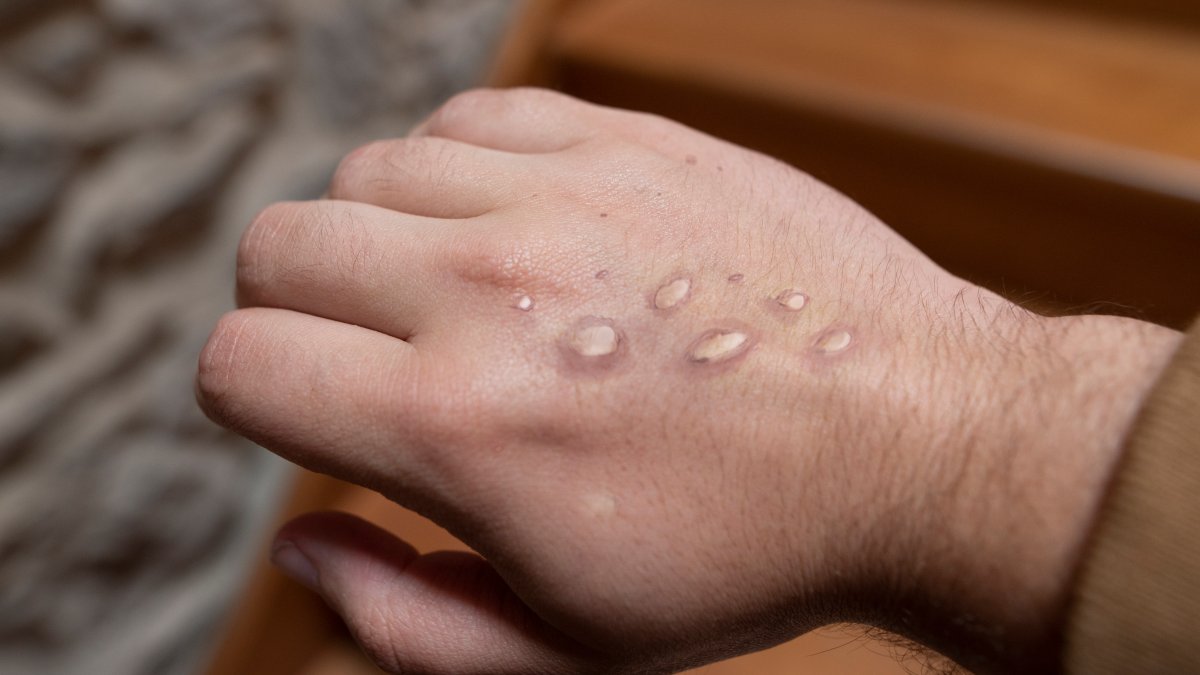
Symptoms take 7-14 days to show, but can take up to 21 days to show
The first probable case of monkeypox has been detected in suburban Cook County, health officials announced Saturday.
The case, which was identified in an unknown Cook County resident, remains isolated, according to the Cook County Department of Public Health. Health officials were in the process notifying the individual's close contacts on Saturday.
CDPH noted the case was considered a probable monkeypox infection based on initial epidemiological characteristics and positive orthopoxvirus results. However, confirmation testing remains underway at the Centers for Disease Control and Prevention.
The latest case comes amid an increase of infections nationwide. A total of 201 cases had been confirmed as of Saturday, according to the CDC. Illinois itself has reported 26 confirmed infections.
Feeling out of the loop? We'll catch you up on the Chicago news you need to know. Sign up for the weekly Chicago Catch-Up newsletter here.
Monkeypox is a rare, but potentially serious viral illness, which often begins with flu-like symptoms and swelling of the lymph nodes, and progresses to a rash on the face and body, health experts said. It was first observed in Africa in 1970, and is usually found in western and central portions of the continent.
The CDC said that “cases include people who self-identify as men who have had sex with men,” but emphasized that anyone can contract the illness through prolonged contact.
Health experts also said the illness can be confused with a sexually transmitted infection like syphilis or herpes, or with varicella zoster virus.
Federal health officials are urging doctors in the U.S. to "consider a diagnosis of monkeypox in people who present with a consistent rash, especially if they meet any of the following criteria:
- Had contact with someone who had a rash that looks like monkeypox or someone who was diagnosed with confirmed or probable monkeypox
- Had skin-to-skin-contact with someone in a social network experiencing monkeypox activity; this includes men who have sex with men who meet partners through an online website, digital application (app), or social event (e.g., a bar or party)
- Traveled outside the US to a country with confirmed cases of monkeypox or where monkeypox activity has been ongoing
- Had contact with a dead or live wild animal or exotic pet that exists only in Africa or used a product derived from such animals (e.g., game meat, creams, lotions, powders, etc.).
The virus is rarely lethal, with symptoms ranging from fever, aches and rashes all over the body.